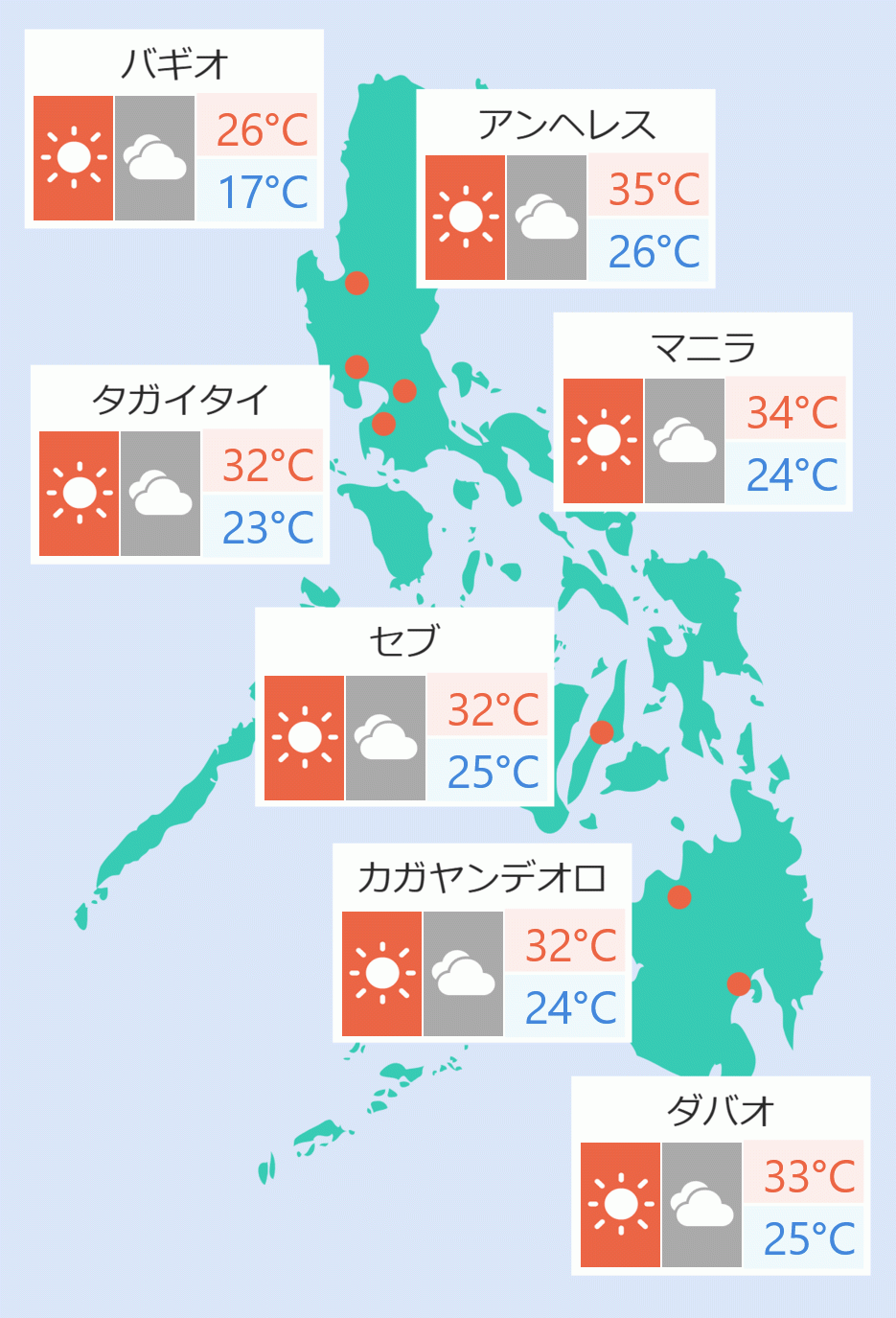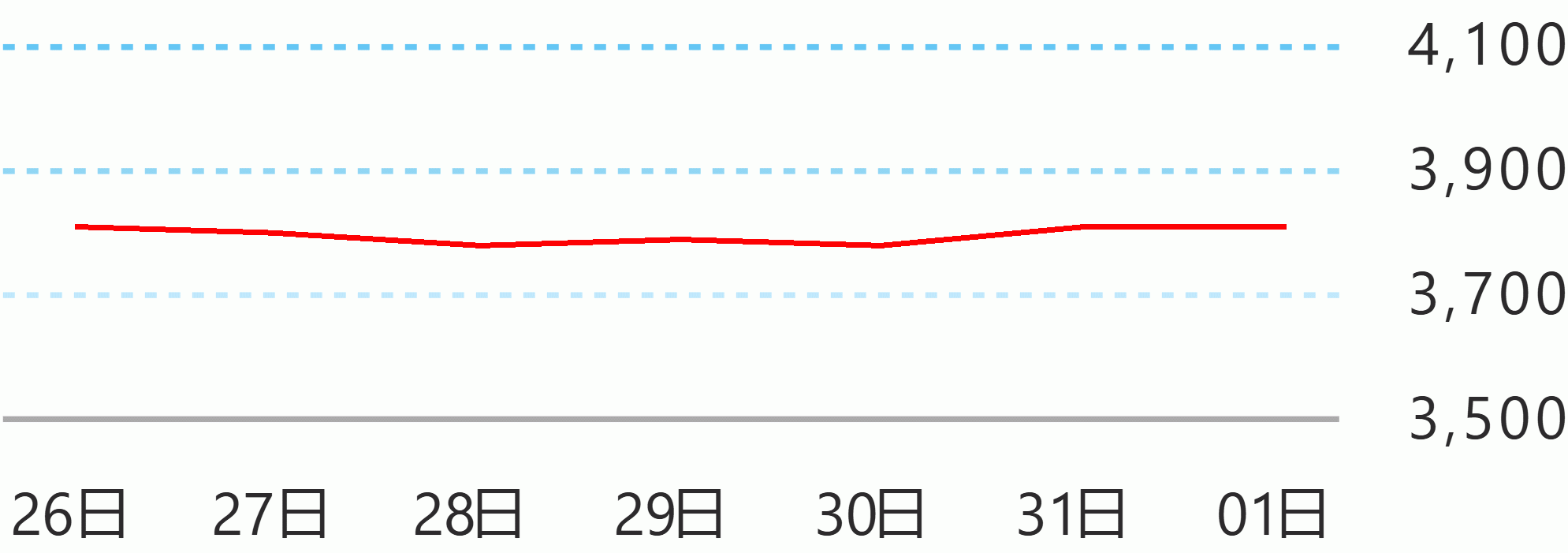The Philippines' vaccination program will be affected during the first half of this year due to tight supply of COVID-19 vaccines, including the delays in the sharing scheme under the World Health Organization-led COVAX facility, an official said on Tuesday.
National Task Force Against COVID-19 Chief Implementer and Vaccine Czar Carlito Galvez Jr., in a televised press briefing, however, said that the effect would only be temporary.
"We can see that our vaccination program for the first quarter and second quarter will be affected by the development that some of the countries are prohibiting the export not only (of the) vaccine but also the raw materials," he said.
Deliveries of vaccines from Serum Institute of India, the biggest manufacturer supplying the drugs under COVAX facility, would be delayed due to the increased demand for jabs in India.
Galvez, however, said the government is using its diplomatic relations with various countries to get the necessary vaccines.
"Like what we are doing where we have good diplomatic relation with China and now with Russia, and we are asking that we can have access of their vaccines this April and May," Galvez.
In a pre-recorded meeting with President Rodrigo Duterte and was aired on Monday night, Galvez admitted that Russian manufacturer Gamaleya could not yet commit the 3 million doses of Sputnik V vaccine doses the Philippine government has been requesting to purchase.
"We are requesting 3 million (doses) but what was committed is only 100,000," he said.
Galvez said he was talking to Foreign Affairs Secretary Teodoro Locsin Jr. to lobby with his Russian counterpart to increase Gamaleya's commitment to 3 million doses.
He said Sputnik V vaccine could be used for senior citizens.
Galvez said they plan to scale up vaccinations in April and May.
"We are targeting 500,000 to 1 million per week. And then June, July, when the supplies are there, we will be targeting 2 million to 3 million per week. And then August, December, 3 million to 5 million per week," he said.
Galvez said the government's target is "very bold" so that in case there will be slippage, the vaccination rollout is still high.
With more than 2 million COVID-19 vaccine doses that have been shipped in the country from China's Sinovac and AstraZeneca from COVAX facility, Galvez said as of March 29, over 1.2 million doses have been deployed.
One million Sinovac vaccine purchased from China arrived late Monday afternoon.
Galvez said there were 668,018 individuals, mostly healthcare workers, or about 81.65 percent of the first dose, have been vaccinated.
With the arrival of more vaccines in the coming weeks or months, the government will simultaneously inoculate the remaining healthcare workers, senior citizens, and those with comorbidities.
Despite the delays , Galvez expressed belief there will be no delay for the administration of second dose, especially AstraZeneca under COVAX facility
He said the WHO and COVAX have committed to deliver by April the AstraZeneca vaccine and of the 2.6 million doses that were ordered by the private sector and local government units from the same United Kingdom-based company by May.
He said private sector has committed 50 percent of their purchase to be donated to the government.
With the delay in the delivery of the vaccines, Galvez said during the meeting on Monday night with Duterte, the need for the country to be self-sufficient by producing its own vaccines not only for COVID-19 but for other diseases as well was brought up.
In the same press briefing, Presidential Spokesperson Harry Roque said Duterte wants the Department of Budget and Management to look for funds for possible establishment of a vaccine institute.
He said Duterte wants to leave a "legacy" that a vaccine institute has been established under his administration. Celerina Monte/DMS





 English
English










